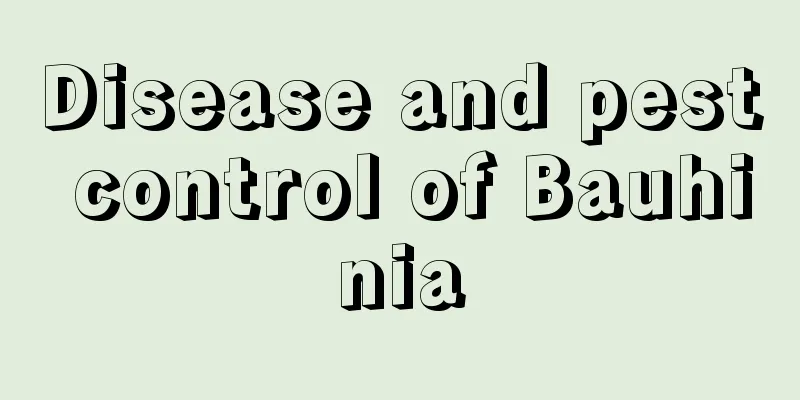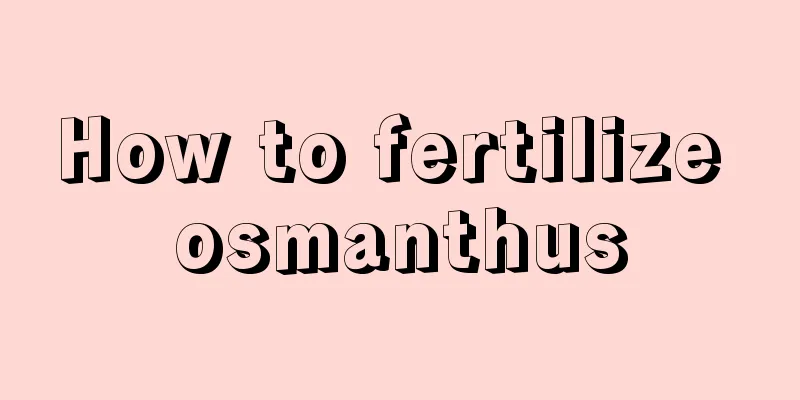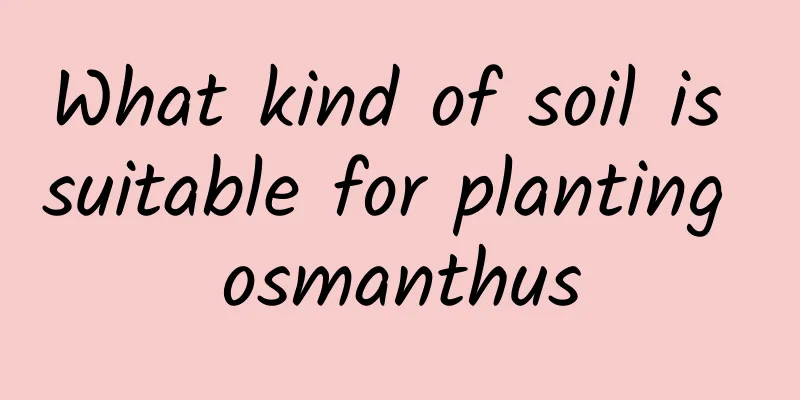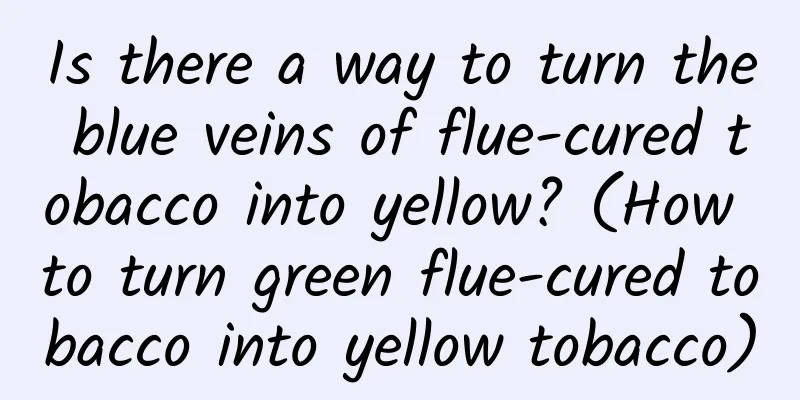Disease and pest control of Bauhinia

1. Angular spot diseaseThe disease mostly occurs on leaves, and polygonal yellow-brown to dark reddish-brown, followed by small black-brown mold spots, can often be found. Often the entire plant will wither and die. This is a fungal disease that usually occurs from July to September. The pathogens include Cercosporium and Cercospora serrata. The infection starts from the lower part and then gradually spreads upwards. This will have an adverse effect on its development, especially during the rainy season, which will aggravate the condition and the pathogen will attach itself to the plant and wait for the winter to pass. So how do we prevent and control it? When autumn comes, we need to deal with it in a centralized manner, such as burning it. If it is accidentally infected with pathogens, we can use several different agents, such as spraying 700~1000 times of 50% carbendazim. Wait and spray it three or four times every ten days or so. 2. Fusarium wiltThe disease usually starts with a few branches, which will then slowly turn yellow and fall off, and finally die as a whole. If we peel off the bark, we can observe yellow-brown stripes and ring-shaped necrotic spots of the same color. The disease will slowly infect the roots from the lowest level of wounds, causing damage to the vascular tissue, and then cause the plant to wither and eventually die. This symptom is caused by infection with the fungus Fusarium, which we know as the fusarium. This type of fungus will also overwinter in debris or soil and is more resistant and more likely to exist for too long. Only by increasing the resistance of the plant can the possibility of infection be reduced. We need to cut off diseased and broken branches in time, and then disinfect them with medicine. 3. AphidsSpray it with 1000 times 40% dimethoate EC. 4. Brown-edged green mothIn autumn and winter, we can use frozen water and apply it to the soil around the plants to kill the winter seedlings. If it only occurs in small quantities, we only need to cut off the insect leaves in time. When we find early larvae, we need to treat them promptly with a thousand times stronger pesticide. 5. Bauhinia scabraIn autumn and winter we need to remove the insect sacs on the trees. In June or July, when the larvae are in the early stages of their damage, we can choose to spray 800 to 1200 times the concentration of trichlorfon. At the same time, we also need to provide indirect protection by protecting the natural enemies of insects. |
>>: Disease and Pest Control of Rhododendron australis
Recommend
Planting and Management of Tea Trees
The tea seed tree, also known as the oil tea tree...
The difference between cactus and prickly pear
1. Differences in form: 1. The cactus is short sp...
How to promote the flowering of black orchid
1. Varieties There are many varieties of Mo Lan, ...
Does Cymbidium prefer shade or sun?
Does Cymbidium prefer shade or sun? Cymbidium is ...
How to prolong the flowering period of Kalanchoe
1. Potting soil It is a misconception that plants...
Environmental conditions and characteristics of red dates growth
Environmental conditions and requirements for the...
When is rice harvested in northern Jiangsu?
Northern Jiangsu rice mainly refers to indica ric...
How to prune Dutch chrysanthemums
How to prune the branches of Dutch chrysanthemums...
When is the best time to take cuttings of Lantern Flower? Cutting methods and time
Lantern flower cutting time It is necessary to ch...
How to grow Lycoris radiata so that it blooms
Lycoris radiata flowering time Lycoris radiata us...
How often should beans be watered?
How often should beans be watered? Generally, tap...
Do roses need watering every day?
Do you water roses every day? Roses can be watere...
Strawberry seed germination method Steps and techniques for seed germination
Strawberries are sweet and sour, juicy and rich i...
How do miniature coconuts survive the winter?
1. Control the temperature The miniature coconut ...
Black bean cultivation methods and precautions
1. Maintenance methods 1. Soil: Black beans are h...









